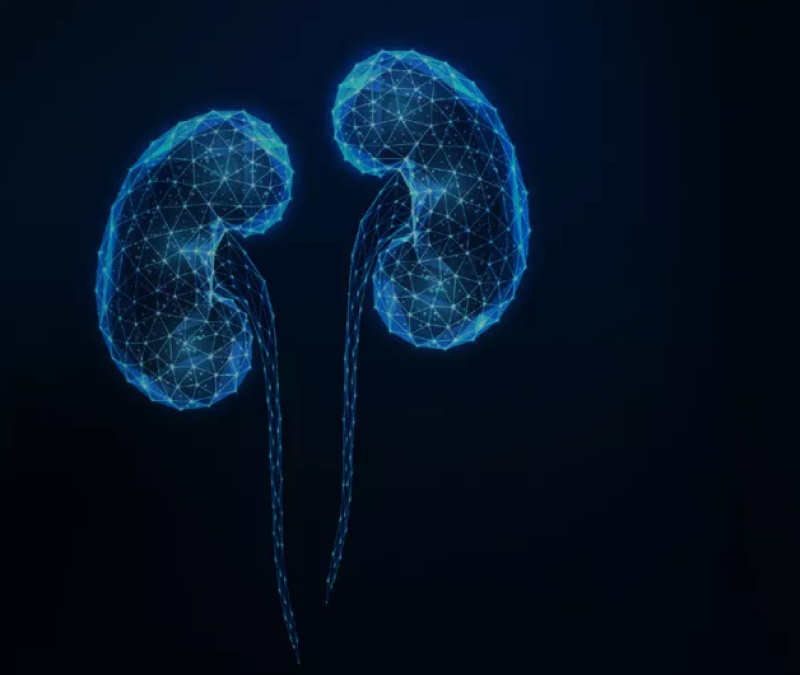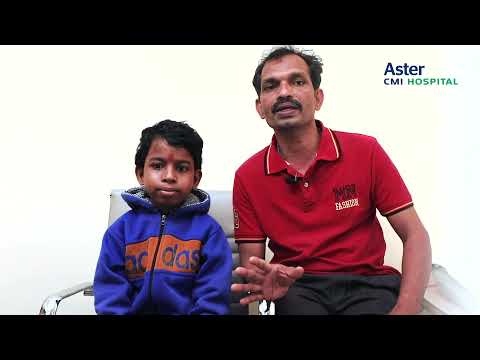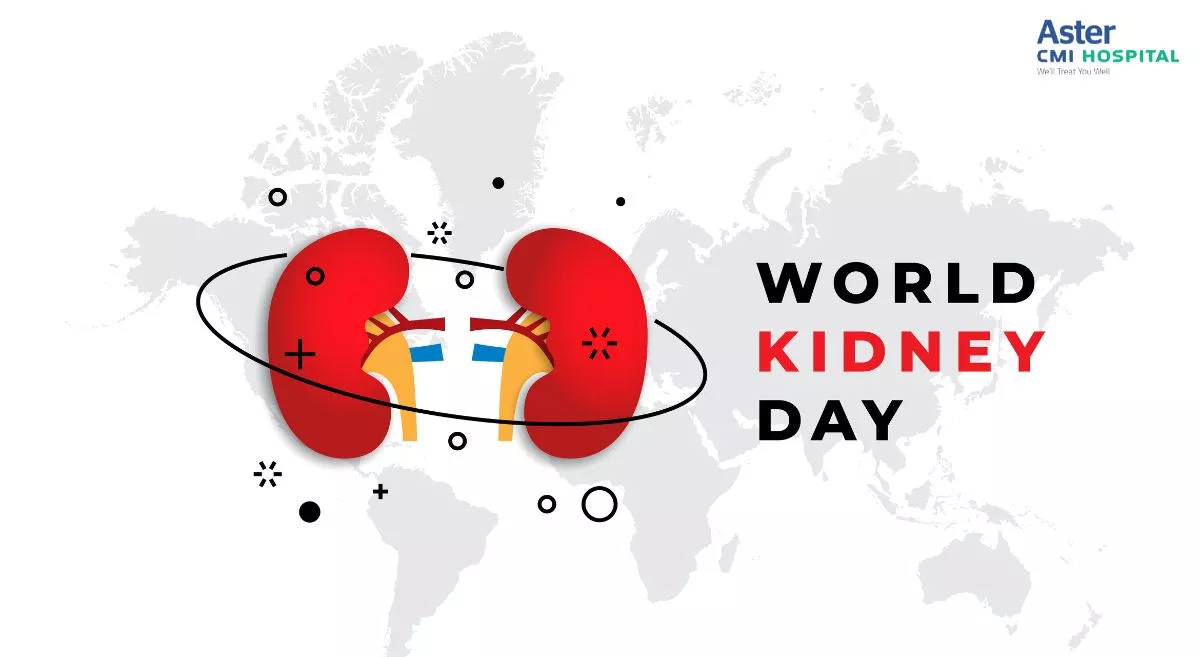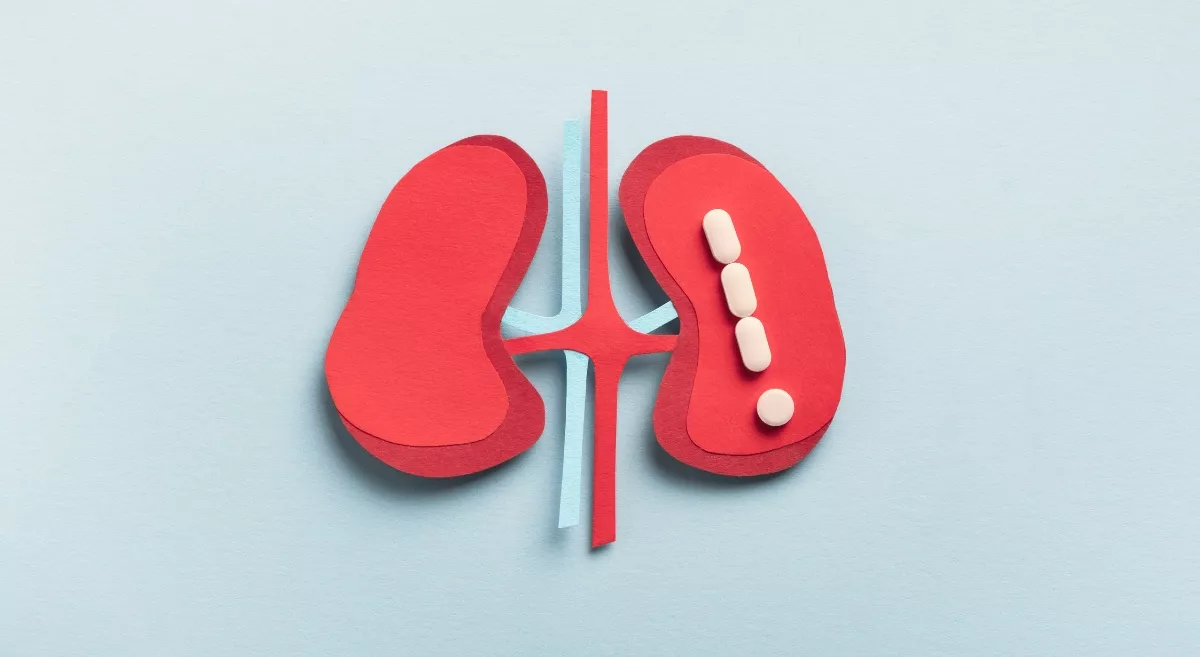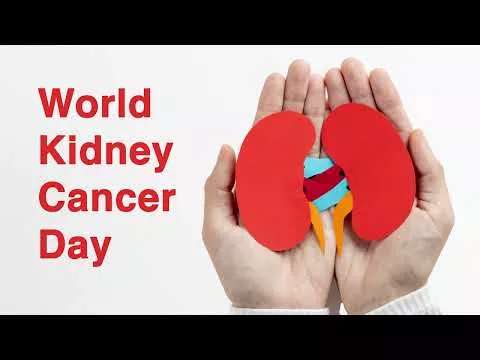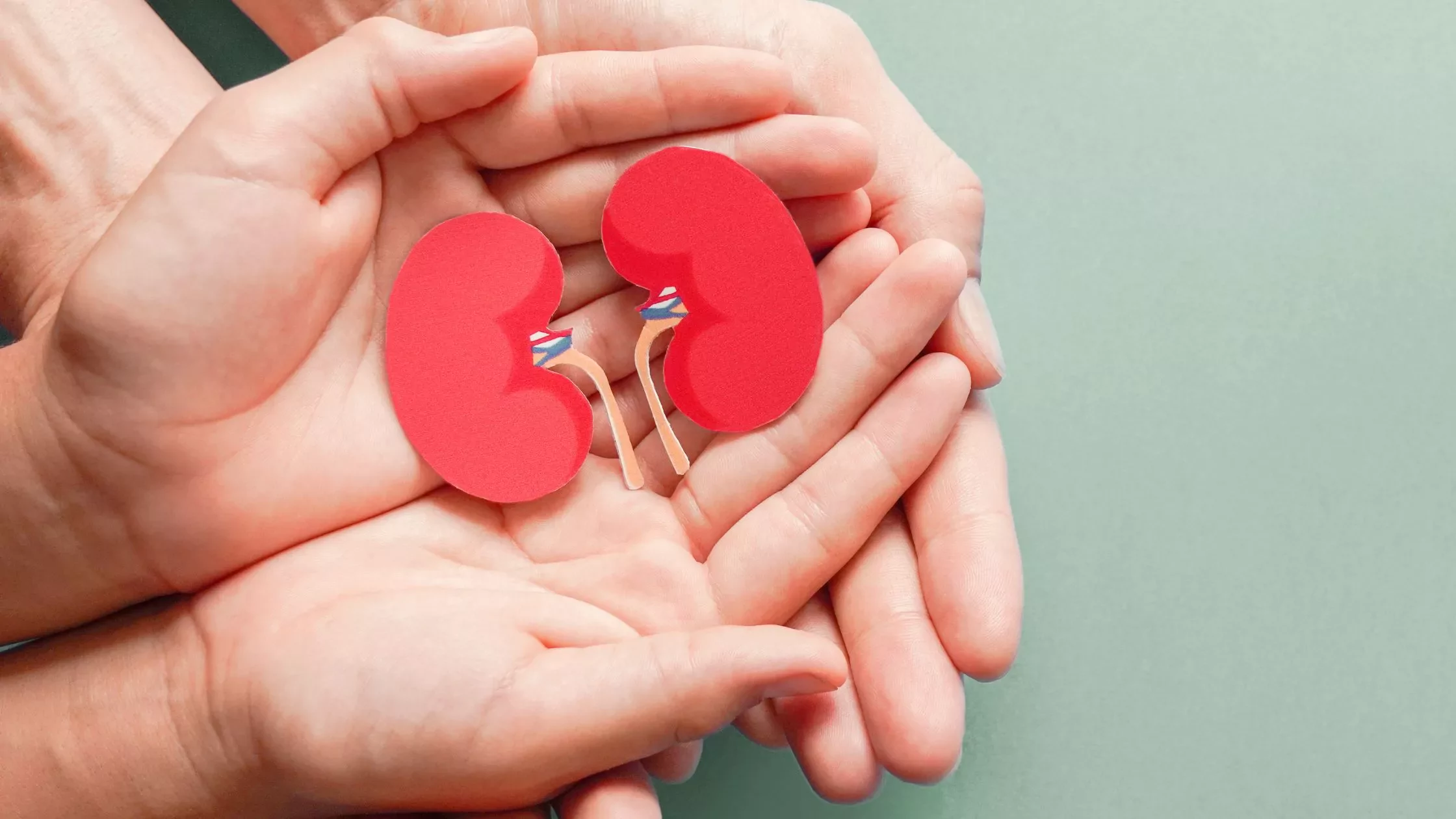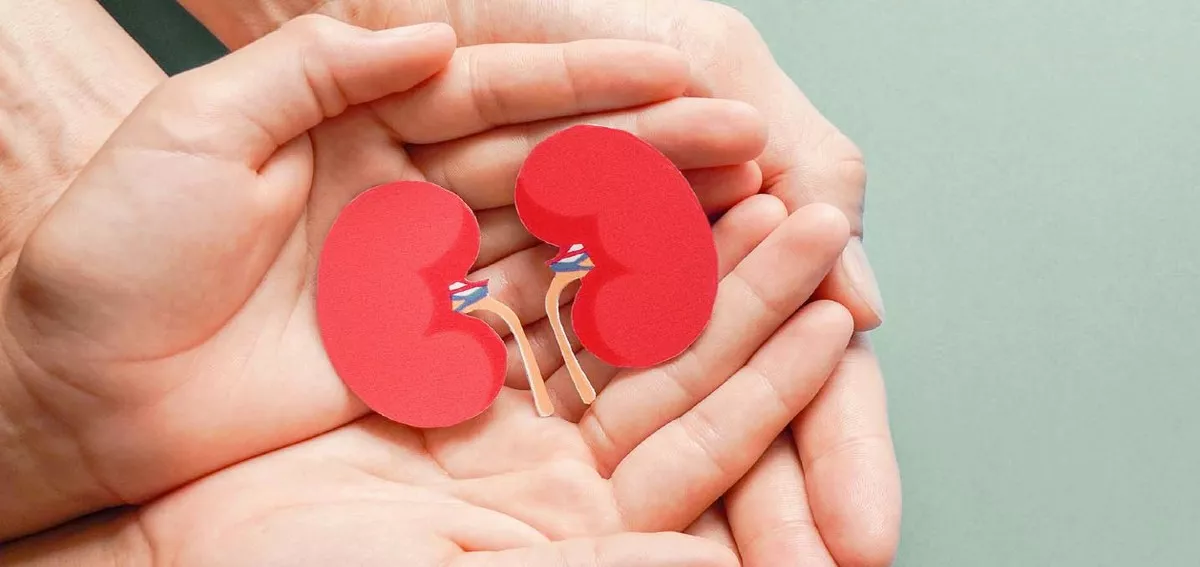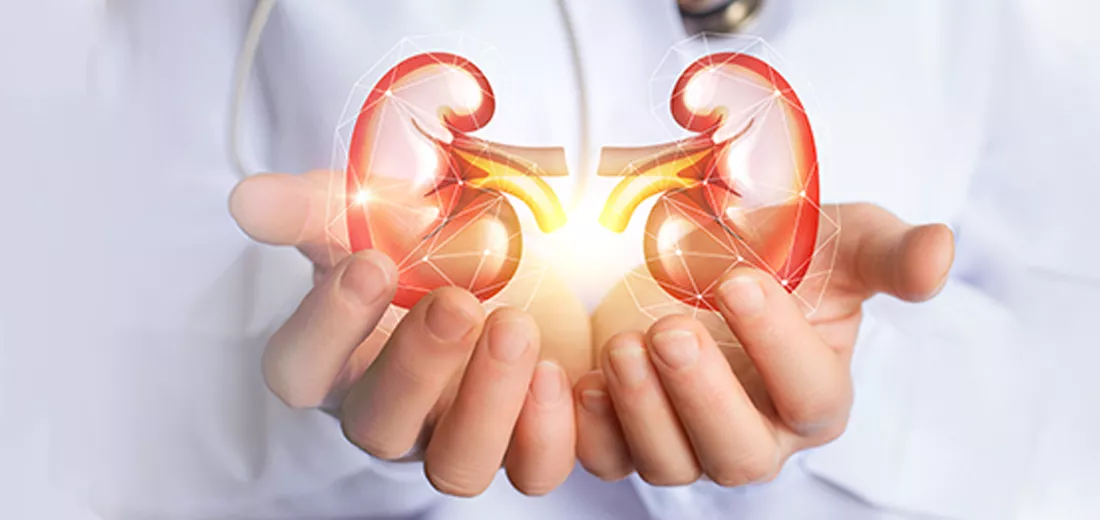The Nephrology department at Aster CMI Hospital provides comprehensive care for patients with a wide range of kidney diseases. Whether you're dealing with acute renal failure, chronic renal failure, or acute or chronic renal failure, our team of nephrologists is here to offer their expertise and support.
We start with a thorough evaluation to identify the cause of renal failure or worsening renal function. This process aims to uncover any reversible or treatable factors that may be contributing to your condition. Once the cause is determined, we tailor an appropriate management plan to address your specific needs.
For patients facing end-stage renal failure, we have established a state-of-the-art dialysis center to provide vital kidney support. Our facility is equipped to handle a high volume of kidney transplants, ensuring that patients who undergo this life-changing procedure receive the best post-transplant care available in the state.
Our services span a broad spectrum of nephrology expertise. We excel in managing patients with acute kidney injury, critical care nephrology, and glomerular diseases. Chronic kidney disease is a focal point of our care, and our team of experts follows up with patients to monitor their condition regularly. This proactive approach helps maintain their health and prevent complications.
When it comes to renal replacement therapies, we offer various options. Haemodialysis, a crucial treatment for many patients, is administered with care at our in-house dialysis unit. We routinely insert temporary and permanent jugular catheters, ensuring the process is as comfortable and effective as possible. Our goal is to enable patients to lead healthy, active lives that resemble normality as closely as feasible.
We are also one of the few centers in Bangalore that insert Peritoneal dialysis catheters under local anesthesia. This method provides flexibility for patients who can choose manual exchanges or automated peritoneal dialysis using a cycler. In some inspiring cases, even young children have thrived on peritoneal dialysis, continuing their education and leading lives just like their peers.
Kidney transplantation is a field where our department has excelled. With expertise developed over more than 800 transplants performed in the last 15 years, we specialize in live related and deceased donor transplants. Our success extends to pediatric transplants, with excellent outcomes. Notably, we handle high-risk transplants, including those involving highly sensitized patients and dual vessels. We've even ventured into ABO-incompatible transplants with results comparable to ABO-compatible transplants. Post-transplant, more than 90% of our patients experience stable graft function.
At Aster CMI Hospital's Nephrology department, we aim to provide the most advanced care for patients dealing with kidney-related issues. Our multidisciplinary team, state-of-the-art facilities, and unwavering
dedication to patient well-being have positioned us as a leading Nephrology center, not only in Bangalore but throughout Southern India.
Our Doctors
We have some of the best specialists from around the world, they bring years of experience and offer evidence-based treatment to ensure the best care for you.
Patient Stories
Our patients are our best advocates, hear the inspiring stories of their treatment journey
Blogs
The source of trustworthy health and medical information. Through this section, we provide research-based health information, and all that is happening in Aster Hospital.

